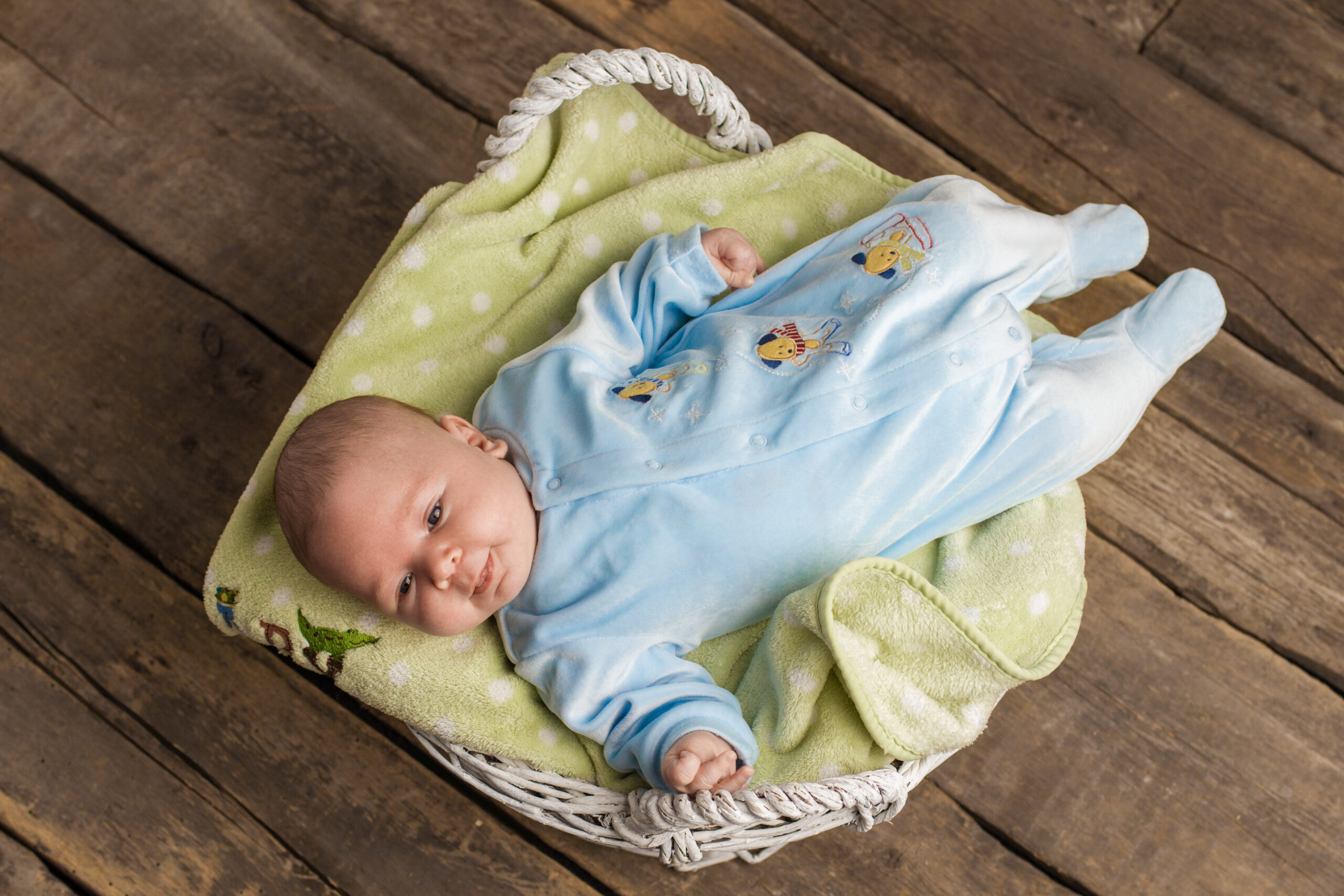
Circumcision is a common procedure for newborn boys, performed for religious, cultural, medical, or personal reasons. While the procedure is quick and safe, proper aftercare is crucial to ensure a smooth healing process. Most babies recover within 7 to 10 days, and with the right care, complications are rare.
At our clinic, Dr. David Eiley, one of the most well-known and respected Urologists in Montreal, brings over 20 years of clinical experience and has performed over 10,000 circumcisions. His expertise ensures that every procedure is conducted with precision, care, and the highest medical standards.
If your baby has recently undergone circumcision, this guide will help you understand what to expect and how to care for them to promote quick and comfortable healing.
What to Expect After the Procedure
After circumcision, your baby’s penis will be red and slightly swollen, and you may notice a yellowish film forming over the tip—this is a normal part of the healing process. It’s also common for babies to be a little fussy in the first 24 to 48 hours due to mild discomfort.
Here’s what to expect:
- Healing Timeline – Full healing usually takes 2-3 weeks.
- Appearance of the Penis – Redness, mild swelling, and a small amount of clear or yellowish discharge are normal.
- Pain & Discomfort – Some babies may be more irritable after the procedure, but this typically lasts only a day or two.
Your baby should return to their usual feeding and sleeping routine within a day.
Immediate Post-Circumcision Care
Taking proper care of your baby’s circumcision site will help prevent complications and ensure a smooth healing process.
Handling & Comforting Your Baby
- Swaddling, pacifiers, and skin-to-skin contact can help soothe your baby.
- Some babies may be fussy when urinating due to temporary sensitivity—this should subside within a few days.
Diapering & Cleaning
One of the most important aspects of aftercare is keeping the area clean and protected.
Diapering Tips:
- Change diapers frequently to prevent irritation and infection.
- Use loose-fitting diapers to avoid pressure on the healing area.
- Avoid baby wipes that contain alcohol or fragrances, as they can cause irritation.
Cleaning the Circumcision Site:
- Apply petroleum jelly or antibiotic ointment on the tip of the penis after every diaper change to prevent it from sticking to the diaper.
Monitoring the Healing Process
It’s natural to worry about your baby’s healing, but understanding what’s normal and what’s not can help ease your concerns.
Signs of Normal Healing
- A yellowish film or crust forming over the tip of the penis (this is part of the natural healing process).
- Mild redness and swelling for a few days.
- A small amount of spotting or light bleeding on the diaper.
When to Be Concerned
Contact your doctor if you notice any of the following:
- Excessive bleeding that does not stop with gentle pressure.
- Signs of infection: redness spreading beyond the tip, pus, foul-smelling discharge.
- Difficulty urinating or no wet diapers for more than 8 hours.
- Fever (above 100.4°F or 38°C) or unusual lethargy.
How to Handle Minor Bleeding
A small amount of spotting on the diaper is normal. If there is continuous bleeding:
- Gently apply light pressure with sterile gauze for a few minutes.
- If bleeding continues for more than 5 minutes, call your doctor or go to a children’s hospital emergency room immediately.
Managing Pain & Discomfort
While circumcision is a minor procedure, your baby may experience some temporary discomfort. Here’s how to help:
- Pain usually subsides within 24-48 hours.
- If needed, your doctor may recommend infant acetaminophen (Tylenol) for pain relief.
- Swaddling and gentle rocking can also help soothe your baby.
🚫 Do NOT give ibuprofen or aspirin to newborns unless specifically instructed by a doctor.
When to Call the Doctor
Most babies heal without any issues, but in some cases, medical attention is needed.
🚨 Call your doctor if your baby has:
✔ Excessive bleeding that does not stop with gentle pressure.
✔ Severe redness, swelling, or pus-like discharge.
✔ Fever above 100.4°F (38°C).
✔ No wet diapers for more than 8 hours.
✔ A persistent bad smell from the circumcision site.
If you’re ever unsure, it’s always best to consult your doctor rather than wait.
Conclusion & Reassurance
Caring for your baby after circumcision is simple with the right approach. Frequent diaper changes, keeping the area clean, and applying petroleum jelly are the key steps to ensure smooth healing.
Most babies recover quickly, and within a week, you’ll notice significant healing progress. If you ever have concerns, don’t hesitate to reach out to our clinic for guidance.
📞 Have Questions? Contact Us Today!
If you have any concerns about your baby’s healing, or if you’re considering circumcision for your newborn, book a consultation with Dr. Eiley today.
